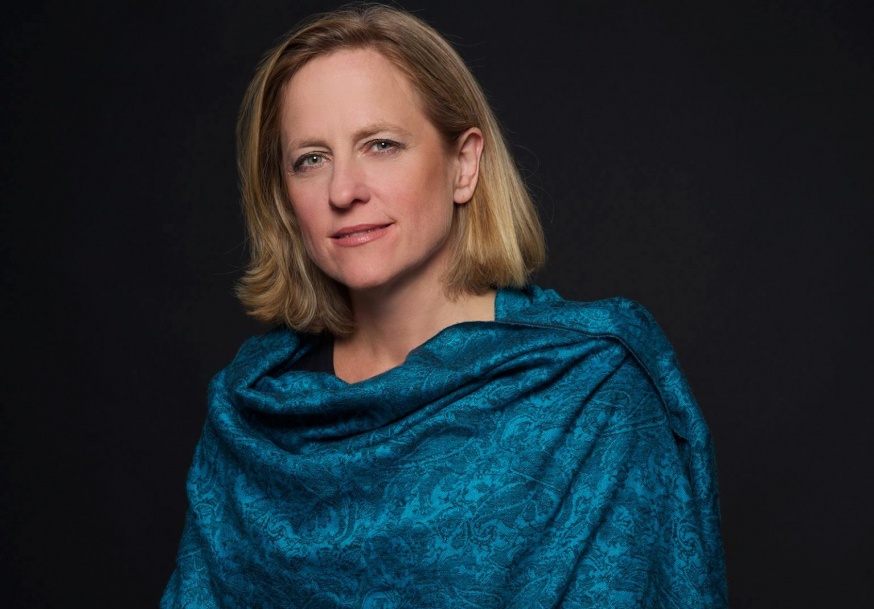
Borough President Melinda Katz. (Melinda Katz)
July 16, 2019 By Laura Hanrahan
As the manual recount in the Queens District Attorney Democratic Primary got underway yesterday, the first ballot objection quickly surfaced, causing yet another rift in the already contentious race.
As Board of Elections staffers began the process of tallying by hand more than 93,000 individual ballots, attorney for Melinda Katz, Frank Bolz, raised an objection to one of the ballots being counted, according to published reports.
The ballot—a vote for Tiffany Cabán—had a distinguishing pen mark on the top of the paper. New York State election law forbids any ballot from being counted that is “marked or signed by the voter in such a way that it can be identified from other ballots,” including “unusual markings not related to indication of the vote choice.”
Following the objection from the Katz team, the vote was reportedly voided by BOE staff and placed in a folder for objected ballots, which will be officially ruled on at a later date.
The Katz campaign could not be reached for comment.
Cabán attorney Jeffrey Goldfeder addressed the BOE’s objection process during a press conference on Monday morning, stating that he believes the board will render fair decisions throughout the recount process.
The recount operation, which kicked off on July 9 with a multi-day ballot sorting process, was automatically triggered by Katz’s narrow 16-vote lead over Cabán after affidavit and absentee ballots were counted on July 3. Until that point, Cabán had held a 1,199 vote lead over Katz.
Ballot validity has been an ongoing issue in the DA race, with Cabán, Katz and the BOE currently entangled in a lawsuit concerning the validity of 114 affidavit ballots.
The 114 ballots in question, which have not yet been counted, each contain errors in the information filled out by the voter and were consequently voided by the BOE. The majority of these ballots—roughly 70—were discounted because the voter did not clearly state their party affiliation.
A final ruling on whether these ballots are valid will be issued by a judge after the end of the manual recount—which is expected no sooner than July 31—but only if the results are still close enough for the 114 uncounted ballots to have an impact.
